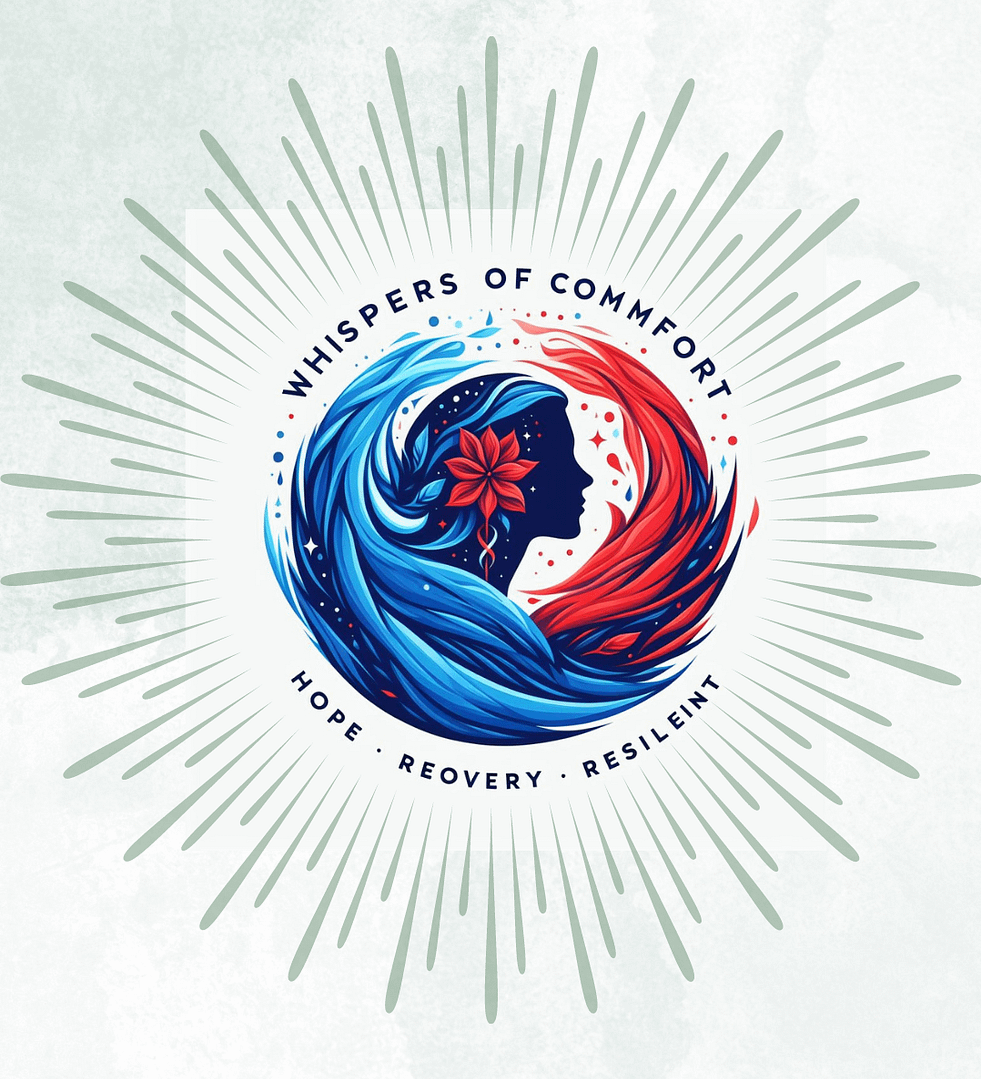
Adequate rest and sleep are essential in the body’s healing process; they bolster the immune system and enhance mental well-being.
I will start by showing you how pivotal sleep is to healing. Firstly, imagine your body as a complex machine that requires downtime for maintenance. That’s essentially what sleep is—a critical period for repair and rejuvenation. Now, when it comes to healing, your body does some of its best work while you’re asleep. This isn’t just about getting more shut-eye; it’s also about allowing the intricate systems within you to do their job effectively.
Every time you settle in for the night, your body embarks on a biological marathon—repairing muscle tissue, synthesizing proteins, releasing growth hormones, and consolidating memories. During the deep stages of sleep, your body ramps up tissue regeneration and fortifies your immune system. This is when the daily wear and tear gets patched up, muscle injuries are mended, and your immune system deploys its defence troops.
You will discover how crucial sleep is to your body’s inflammatory response. Poor sleep can prolong the healing process since it disrupts the production of cytokines, a protein that targets infection and inflammation. It effectively acts as a signal for your immune system to do its job. Therefore, achieving that top-notch sleep quality isn’t just a nice-to-have; it’s essential for recovering from injuries, surgeries, or even a common cold.
Wrap your head around this: sleep is equally as vital as diet and exercise for your health. You can’t expect to achieve optimal healing without it. So my question to you today is, are you giving your body enough of this therapeutic healer known as sleep?
Fitness and Recovery: A Symbiotic Relationship
If you want to enhance your healing process, regular exercise can be a powerful ally. It’s not just about pushing your limits; it’s about creating harmony between activity and recovery. When done correctly, exercise can pave the way for better sleep, which, in turn, is critical for healing.
Now, this isn’t just about busting out high-intensity workouts. It’s finding that sweet spot where physical activity promotes restfulness. Studies show that moderate aerobic exercise increases the duration of deep sleep, the restorative stage of the sleep cycle where healing primarily occurs. That means choosing exercises that elevate your heart rate without leading to overexertion is key.
In my opinion, people often overlook the fact that fitness can have a speed-up effect on healing. Whether you’re recovering from an illness, an intense workout, or even surgery, incorporating appropriate types of exercise can enhance blood circulation, aid in repairing tissues, and deliver vital nutrients where they’re needed most.
Choose something that resonates with you—like brisk walking, gentle cycling, or swimming. These activities are excellent for your cardiovascular system and can be adjusted in intensity to fit your current state of recovery. In addition, they’re less likely to leave your body feeling overtired before bedtime.
Here’s something else that’s cool: Exercise can help manage inflammation, which is part of the body’s healing process. By reducing unnecessary inflammation through regulated fitness routines, you’re supporting your body’s natural repair mechanisms.
I’m here to help you with creating a fitness plan that respects your recovery journey. Start slow, listen to your body, and gradually increase the intensity as you get stronger. You can always adjust your approach down the road, but establishing a regular pattern of exercise will make a huge difference in your healing.
The Art and Science of Relaxation
I’m going to let you in on a little secret: relaxation isn’t just about sitting still. True relaxation is a practiced skill that dramatically influences your body’s healing processes. It’s not just about stopping activity; it’s about actively engaging in techniques that reduce stress and promote recovery.
You’re going to find out about several relaxation methods that have stood the test of time and scientific scrutiny. Deep-breathing exercises, progressive muscle relaxation, and guided visualization are not just passing trends—they’re tools backed by research to help reduce cortisol levels, lower blood pressure, and improve heart rate variability.
Just as exercise strengthens muscles, relaxation strengthens your parasympathetic nervous system, which directly affects your body’s restorative functions. Stress hinders the healing process by keeping the body in a state of high alertness, so learning to switch off that alarm is crucial.
If you want to make relaxation a part of your wellness routine, choose practices that resonate with you. You might find solace in yoga or tai chi, or perhaps meditative practices strike a chord. Don’t worry too much about performance here; the goal is to ease the mind, which, in turn, heals the body.
In my opinion, the best approach to relaxation is a proactive one. This means setting aside specific times each day for these activities, much like you would for a workout. It’s not enough to simply ‘stop being stressed’; you must actively guide your body into a state of peace and calm.
Now, what does this mean for our next topic? Well, creating a sleep-friendly lifestyle essentially builds on the foundation of relaxation techniques. If you can master the art of unwinding your mind and soothing your body, transitioning into restful sleep becomes more seamless. And that’s exactly what we’re about to tackle in the next section.
Cultivating a Sleep-Friendly Lifestyle
Designing a sleep-friendly lifestyle isn’t just about having a comfortable bed; it’s about creating an environment and routine that prioritize your well-being. I’m going to walk you through the elements that play a key role in establishing this kind of atmosphere. Think about the last time you woke up feeling truly refreshed. Chances are, the environment had a lot to do with it.
You’re going to find out about the importance of controlling light, sound, and temperature. These are critical factors that can either bait you into a deep slumber or keep you tossing and turning all night. For instance, ensuring your bedroom is dark, quiet, and cool typically supports better sleep.
Nutrition is also a teammate in your journey to quality rest and healing. Choosing foods that support sleep, like those rich in magnesium or tryptophan, while avoiding caffeine and sugar before bedtime, can make a substantial difference in the way you sleep.
Now what about sleep hygiene? This term refers to the healthy habits that can make or break your sleep quality. Habits such as sticking to a sleep schedule, limiting naps, and winding down an hour before bedtime are your allies in the battle for better sleep.
And let’s not forget technology. Our beloved screens emit blue light, which can disrupt your circadian rhythm. However, technology can also be an asset if used wisely, with apps designed to monitor sleep patterns or control your bedroom environment.
In conclusion, remember that healing is a holistic process. It envelops your daily habits, the exercise you do, the meals you eat, and the environment you sleep in. A sleep-friendly lifestyle is not a quick fix but a long-term commitment to your health. It’s an investment that pays off with interest in the form of revitalized energy, sharper focus, and a stronger, more resilient body. So if you want to foster an environment conducive to rest, healing, and optimal health, begin by crafting a sleeping experience that supports your body’s natural healing processes. Adjust your approach as needed, because your first attempt doesn’t need to be your last. Just don’t focus too much on perfection; choose something that resonates with you and gives your body what it needs to heal and thrive.
Rest and sleep are fundamental to the healing process. They provide the body with the necessary time and conditions to repair itself. Prioritizing adequate sleep and rest can significantly enhance recovery, prevent future health issues, and contribute to a balanced, healthy lifestyle.
Kindly share your comments and experiences below.
Simplified. Turn YOUR Passion, Hobby or Interest into YOUR Success Story! Join Wealthy Affiliate today: https://www.
Follow me on social media!



Hi there
I like that your article provides an insightful and well-written piece that effectively underscores the critical role that rest and sleep play in the body’s healing process.
The content is both informative and engaging, providing a thorough explanation of how proper rest can significantly enhance physical recovery and overall well-being. The use of clear, concise language and practical advice makes the topic accessible and relevant to a broad audience.
One question that arises from this article is: How can individuals with chronic insomnia develop effective sleep habits to support their healing processes?
Hi Troy,
I appreciate your insightful contribution to the article. I’m glad to know that you found the article engaging and informative.
Practicing relaxation techniques, ensuring a comfortable sleep enviroment, avoiding caffeine, avoiding oily and heavy meals before sleep, creating a relaxing bedtime routine, adhering to a consistent sleep schedule etc., to mention but a few are ways for individuals to fight and curb insomnia.
Thank you for you inputs.
I wish you all the best.
Makinde
Wow, what an eye opening article! I never fully grasped the depth of importance that sleep and rest hold in our healing journey until now. The analogy of the body as a complex machine needing downtime for maintenance blew me away. It’s amazing how our bodies do some of their best work while we sleep. I’ll definitely be more mindful of my sleep habits moving forward. Thank you for shedding light on this critical aspect of health and wellness!
Hi Adan,
Thank you for your contributions and your comment on the article. I’m glad you found the article helpful. The importance of sleep and rest in the healing process cannot be overemphasised.
Just like you rightly noted, most of the healing and regeneration the body needs happen mostly in sleep and rest mode, thus contributing to our overall health and wellness.
Efforts should always be made to prioritise rest and sleep in our daily endeavours as a crucial source of strength and energy for rebooting and renewal.
I appreciate your candid contributions.
Thanks.
Makinde